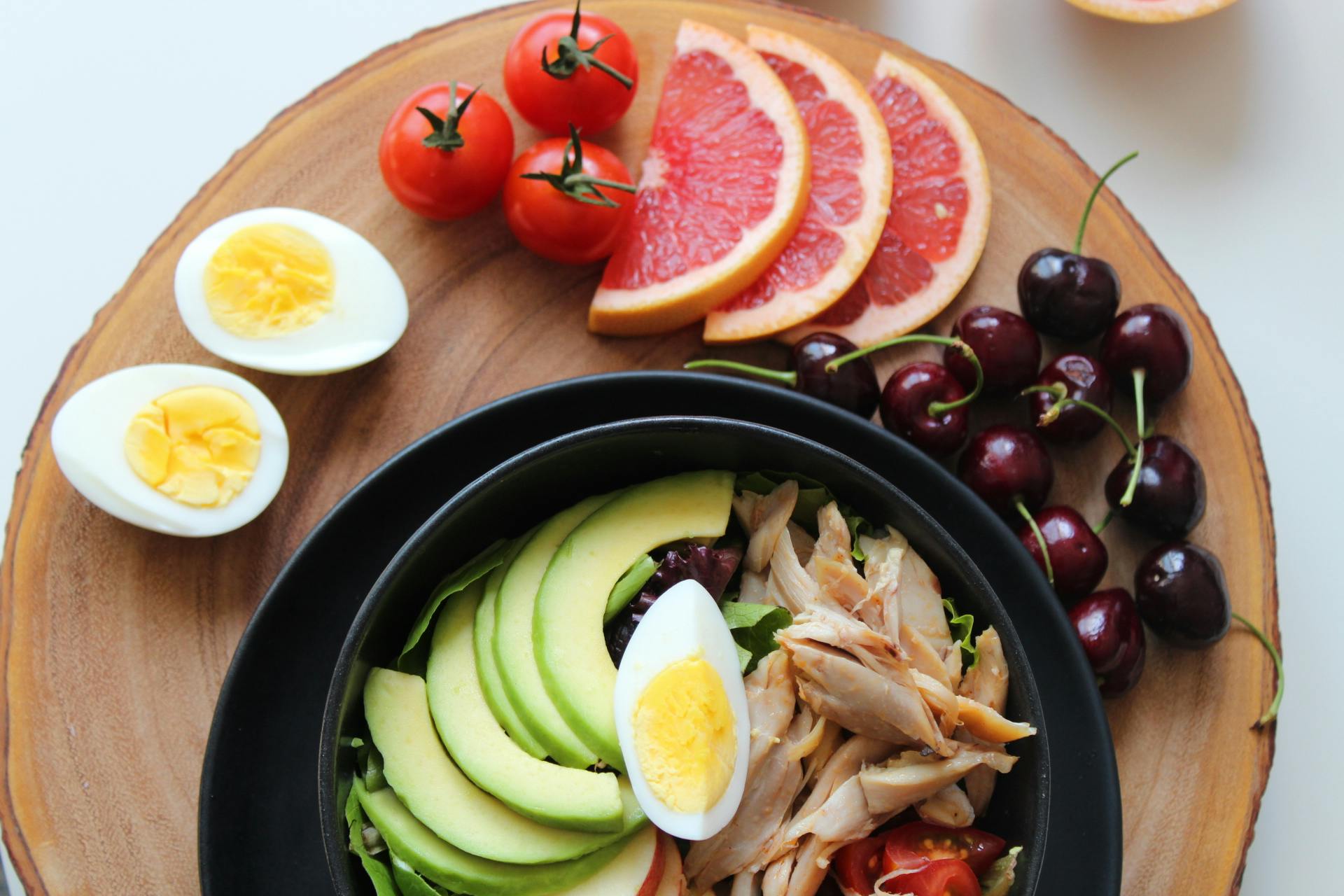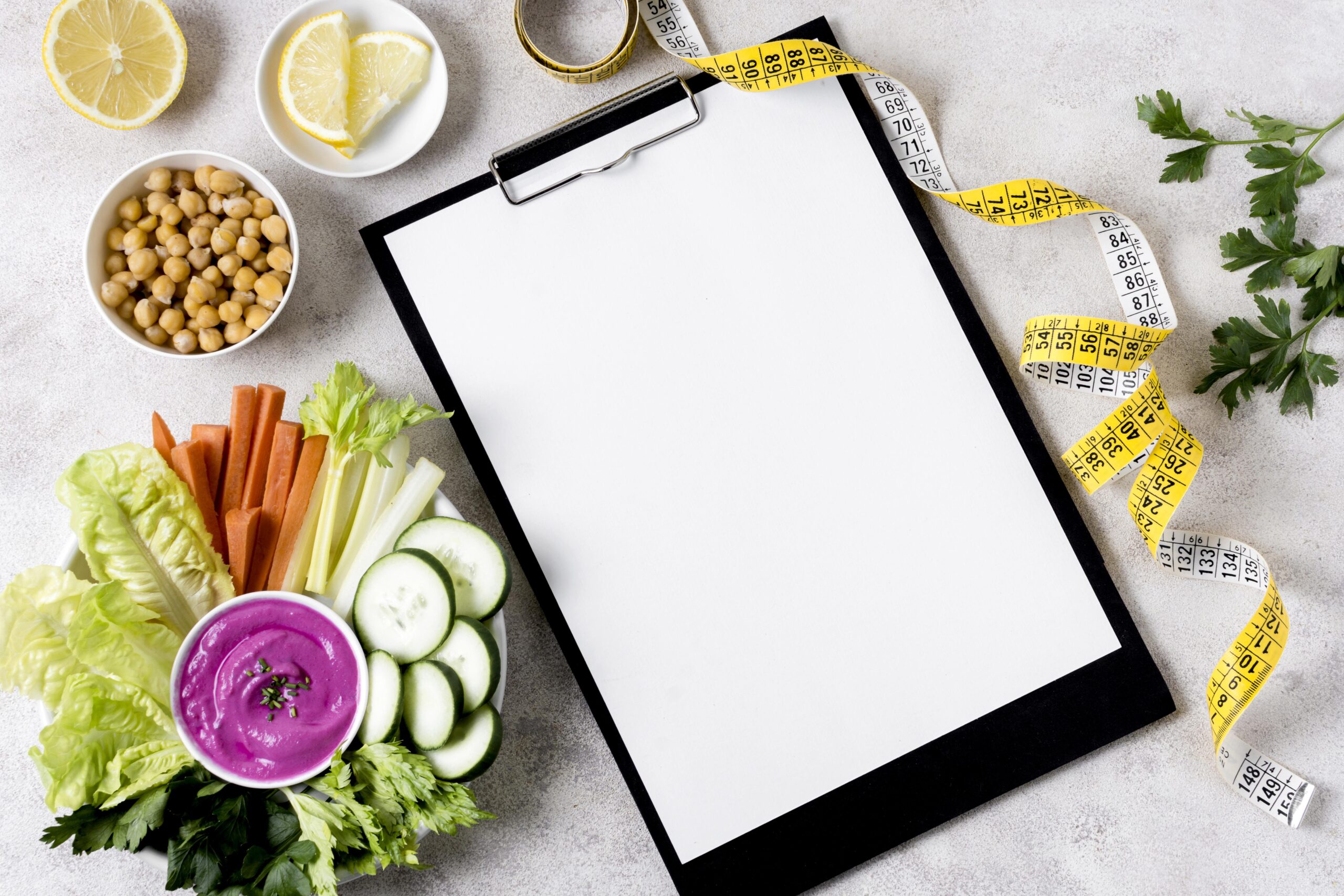Eating healthy food every day is the foundation of a long and vibrant life. However, maintaining a balanced diet can often seem challenging amidst busy schedules and the temptation of unhealthy options. By incorporating a healthy diet plan into your daily routine, you can enjoy numerous benefits, including better physical health, improved mental well-being, and even weight management.
In this blog, we will explore how to eat healthy food every day, offer practical tips, and address common challenges. We’ll also highlight a balanced diet food list, discuss the healthy eating benefits, and share actionable advice on how to eat healthy on a budget.
Why is Eating Healthy Important?
A healthy diet offers numerous advantages, from improved energy levels to reduced risk of chronic diseases. Here are the 20 benefits of healthy eating:
| Benefit | Description |
|---|---|
| Improved Digestion | High-fiber foods like fruits and vegetables improve gut health. |
| Enhanced Immunity | Nutrient-rich foods boost your immune system. |
| Weight Management | Balanced diets prevent overeating and support weight loss. |
| Better Mood | A well-nourished brain helps reduce stress and anxiety. |
| Stronger Bones | Foods rich in calcium and Vitamin D strengthen bones. |
| Reduced Disease Risk | Lower risk of heart disease, diabetes, and cancer. |
| Increased Energy | Healthy foods provide sustainable energy throughout the day. |
| Healthy Skin | Nutrients like Vitamin E improve skin texture. |
| Mental Clarity | Omega-3 fatty acids support brain health. |
| Longevity | Healthy eating habits can increase lifespan. |
7 Healthy Eating Habits to Adopt
Developing healthy eating habits is essential for long-term success. Here are seven habits to integrate into your daily routine:
- Plan Your Meals:
Create a healthy diet plan every week. Planning ahead helps you stay on track and avoid impulsive eating. - Control Portion Sizes:
Overeating, even healthy food, can lead to weight gain. Use smaller plates or measuring tools to keep portions in check. - Include Whole Foods:
Prioritize unprocessed foods such as vegetables, fruits, whole grains, and lean proteins. - Stay Hydrated:
Often, thirst is mistaken for hunger. Drink at least 8-10 glasses of water daily. - Limit Added Sugars and Salt:
High sugar and sodium intake can lead to chronic health problems. Opt for natural sweeteners and herbs for flavor. - Practice Mindful Eating:
Chew slowly and pay attention to your body’s hunger and fullness cues. - Cook at Home:
Preparing meals at home lets you control ingredients and portion sizes, making it easier to maintain a balanced diet food list.
A Balanced Diet Food List
A balanced diet includes a variety of foods from all major food groups. Here’s a quick guide:
| Food Group | Examples | Benefits |
|---|---|---|
| Fruits | Apples, oranges, berries | Rich in vitamins and antioxidants. |
| Vegetables | Spinach, broccoli, carrots | High in fiber and low in calories. |
| Proteins | Chicken, fish, beans | Supports muscle repair and growth. |
| Whole Grains | Brown rice, quinoa, oats | Provides sustained energy. |
| Dairy | Milk, yogurt, cheese | Excellent source of calcium. |
| Healthy Fats | Avocado, nuts, olive oil | Essential for brain and heart health. |
10 Ways to Improve Your Diet
- Start your day with a balanced breakfast containing protein, whole grains, and fruits.
- Replace sugary drinks with water, herbal teas, or fresh juices.
- Add leafy greens to your meals for a nutrient boost.
- Choose lean proteins over fatty meats.
- Switch to whole-grain alternatives like brown rice and whole wheat bread.
- Snack smart by choosing nuts, seeds, or yogurt instead of chips or candies.
- Experiment with plant-based meals at least once a week.
- Avoid processed foods and opt for fresh, natural ingredients.
- Reduce fried foods and choose baking or grilling instead.
- Practice portion control and avoid eating late at night.
How to Eat Healthy Food Every Day to Lose Weight
Losing weight doesn’t mean starving yourself. Instead, focus on nutrient-dense foods and calorie balance. Here’s how:
- Focus on Fiber: Foods high in fiber, like oats and beans, keep you full longer.
- Include Protein: Proteins boost metabolism and reduce appetite.
- Avoid Empty Calories: Cut back on sugary snacks and beverages.
- Schedule Meals: Eat at regular intervals to avoid overeating.
How to Eat Healthy on a Budget
Eating healthy doesn’t have to be expensive. Here are some tips:
- Buy Seasonal Produce: Seasonal fruits and vegetables are usually cheaper and fresher.
- Shop in Bulk: Purchase grains, nuts, and legumes in bulk to save money.
- Plan Meals Around Sales: Look for discounts and build your meals accordingly.
- Cook at Home: Preparing your food is more cost-effective than eating out.
- Use Leftovers Wisely: Repurpose leftovers for new meals to reduce waste.
FAQ: How to Eat Healthy Food Every Day
1. What is a healthy diet plan?
A healthy diet plan includes balanced meals with a variety of nutrients, including proteins, carbohydrates, fats, vitamins, and minerals.
2. What are the top 10 healthy foods to include in my diet?
- Spinach
- Blueberries
- Almonds
- Salmon
- Sweet Potatoes
- Quinoa
- Greek Yogurt
- Eggs
- Avocados
- Broccoli
3. How to eat healthy food every day to lose weight?
Focus on portion control, nutrient-dense foods, and regular meal timing. Incorporate high-fiber and protein-rich foods to feel fuller longer.
4. Can I follow a balanced diet food list on a tight budget?
Yes! Prioritize affordable, nutritious options like seasonal produce, whole grains, and legumes.
5. What are the 7 healthy eating habits I should follow?
Plan meals, control portions, include whole foods, stay hydrated, limit sugar and salt, eat mindfully, and cook at home.
Eating healthy every day requires discipline, planning, and a positive attitude. By implementing these strategies and understanding the healthy eating benefits, you can take significant steps toward a healthier, more fulfilling life. Make small changes consistently, and over time, these will lead to lasting results.


